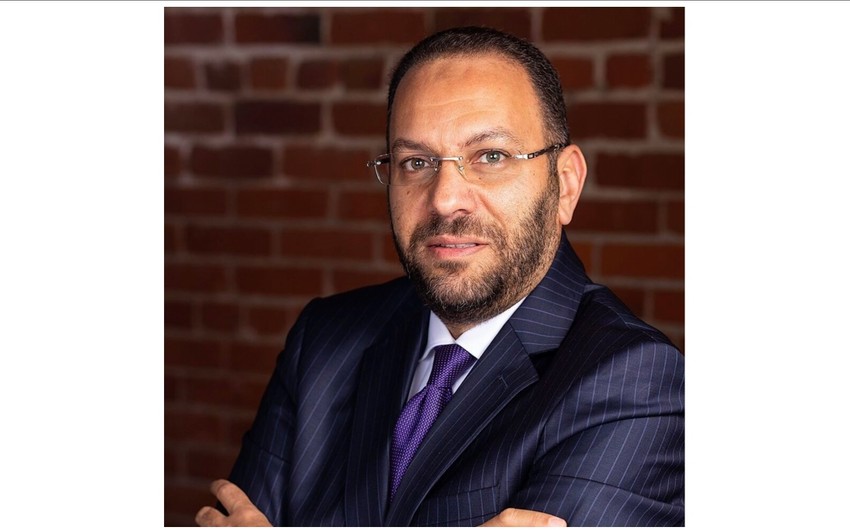The most crucial outcome of the COP29 is the establishment of new collective financial goals, said Amr Abdel-Aziz, advisor to Egypt's Environment Minister, Report informs.
Abdel-Aziz made this statement during the event titled "Strengthening the Transition: Financing the Energy of the Future Today" held within the framework of COP29.
Abdel-Aziz emphasized that countries must secure financing to achieve energy transition. "Developing countries are seeking better targets, but the political landscape must be taken into account," he said. "The United States, under its newly elected president, may withdraw from the Paris Agreement, while several European countries, such as Germany, play a crucial role in climate financing."
He noted that the current period is not particularly favorable for new collective targets in this regard. "It is essential to recognize the significant link between energy transition and new collective goals. Political directives must be steered in a direction that enables a more effective energy transition. Another critical issue is the transition from old programs. When transitioning from residual fossil fuels to renewable energy, some industrial sectors are adversely affected, and special attention must be paid to them," Abdel-Aziz added.
Discussing the energy transition in the new economy, Abdel-Aziz highlighted that the biggest obstacle to this transition is the lack of financing. "The transition requires substantial investments in the grid. Another barrier is grid stability. If a large amount of renewable energy is introduced into the grid, limitations will arise. Particularly in emerging economies, addressing such technical issues becomes challenging due to financial constraints," he explained.
Recalling the main goals of the previous COP, which included tripling renewable energy, doubling energy efficiency, and staying away from fossil fuels, carbon technologies, and nuclear energy, the advisor emphasized the necessity of accelerating steps towards energy transition.


 https://static.report.az/photo/5164df18-f1fa-336c-805a-6fbb9e044fc5.jpg
https://static.report.az/photo/5164df18-f1fa-336c-805a-6fbb9e044fc5.jpg

